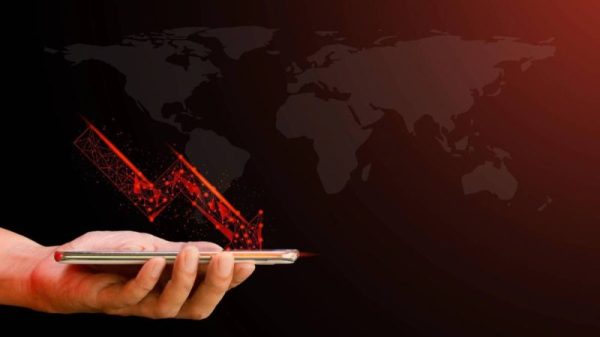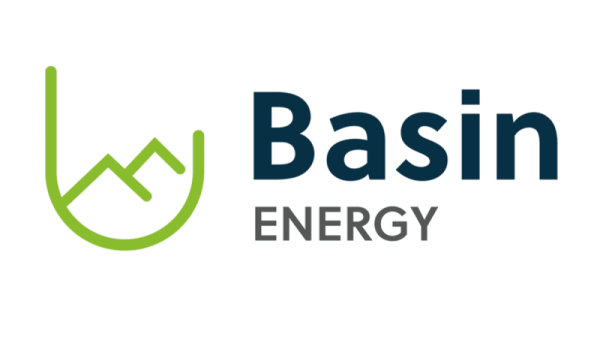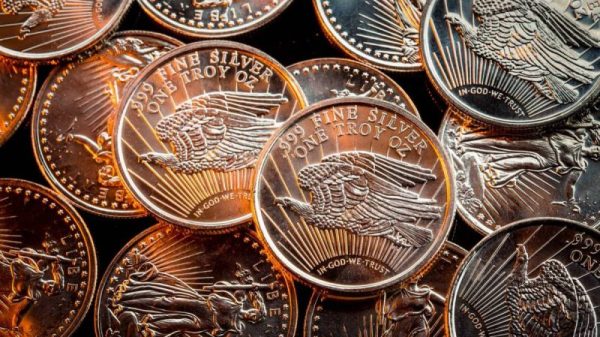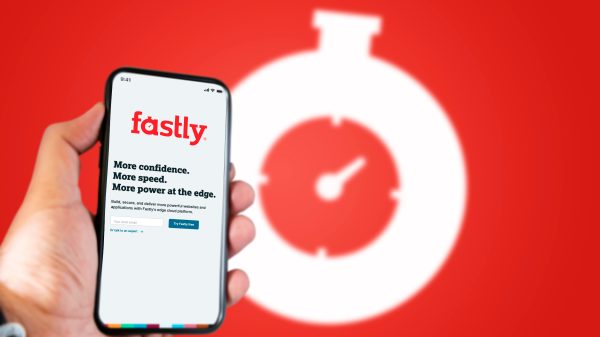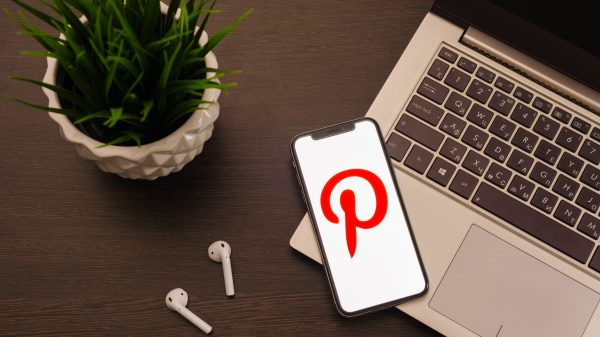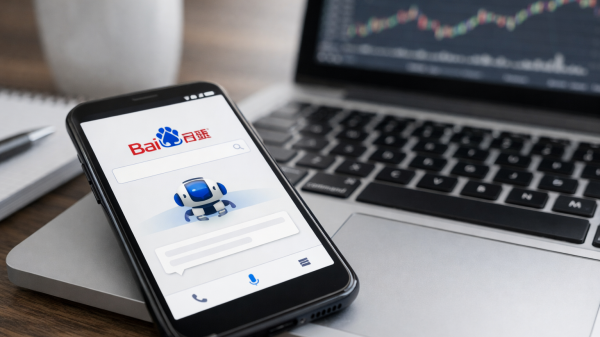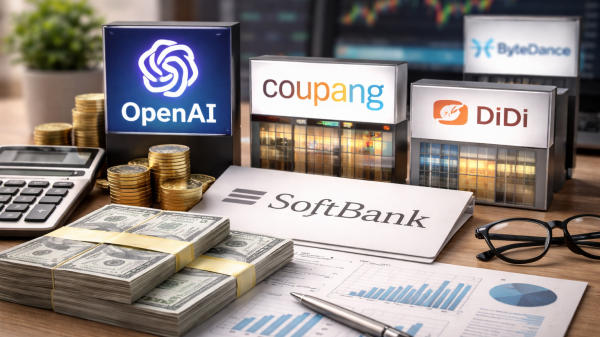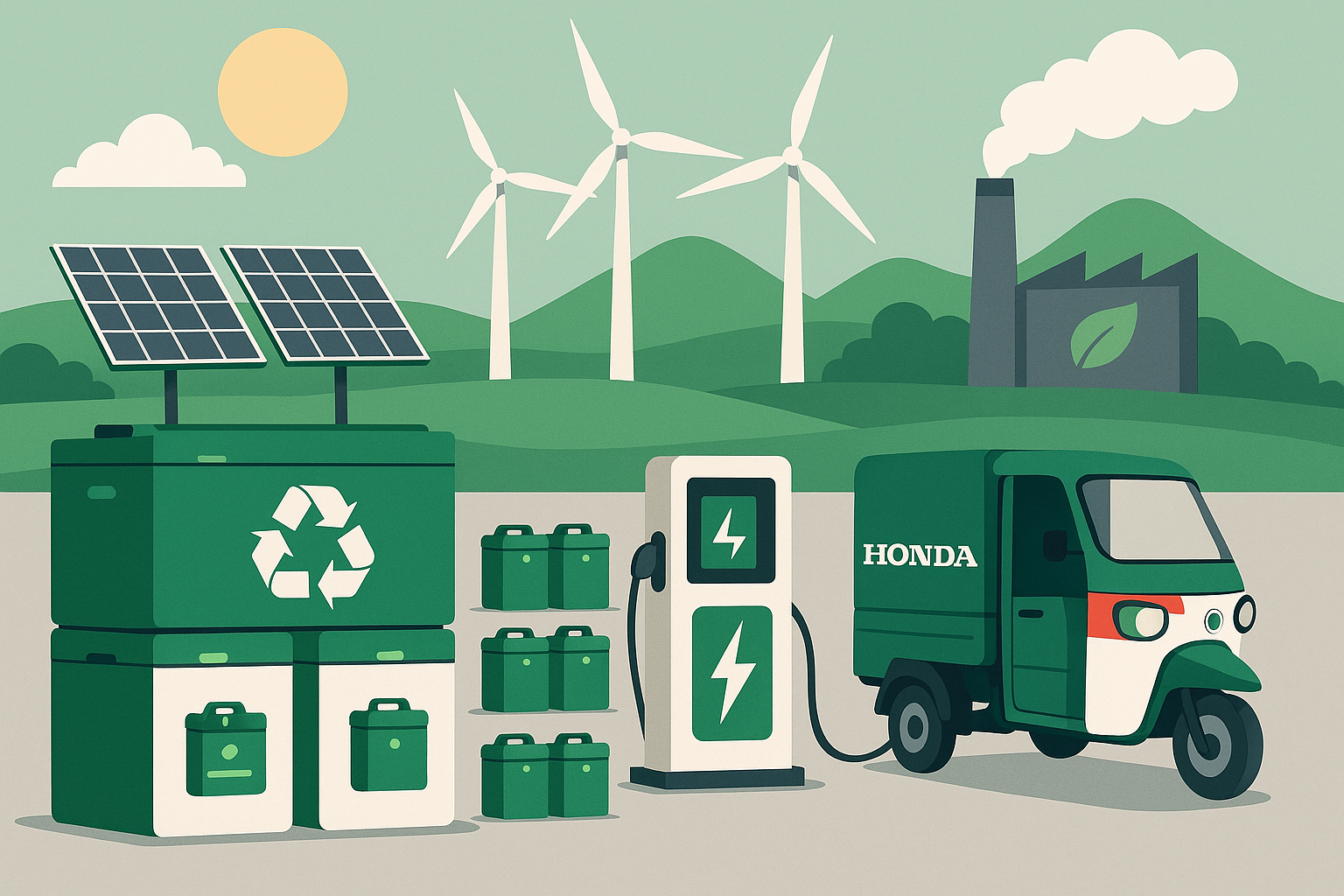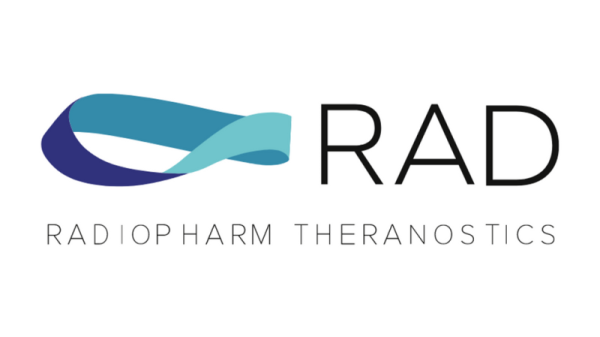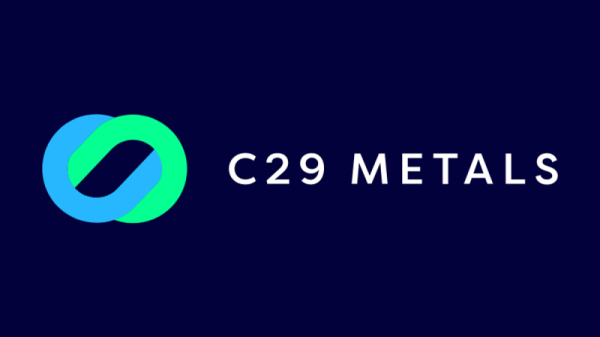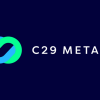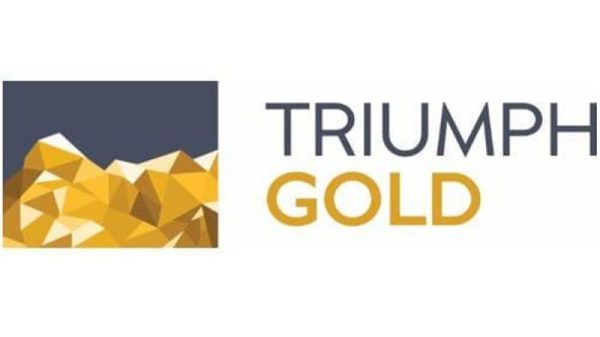Japanese automaker Honda Motor is expanding its global sustainability footprint by entering India’s distributed clean energy sector for the first time.
The company has taken an equity stake in OMC Power, a renewable energy services provider backed by Mitsui & Co. and Chubu Electric Power, to jointly develop storage-based clean power solutions.
The partnership marks a strategic move for Honda to extend the lifecycle of electric-vehicle batteries while contributing to rural electrification and energy resilience across India.
The project, due to begin in January 2026, aligns with global trends in circular battery use and decentralised grid systems.
Japan-India collaboration to boost decentralised energy
Honda’s investment in OMC Power marks a rare example of a Japanese automaker directly participating in India’s distributed renewable energy market — a sector traditionally led by domestic clean-tech firms.
OMC Power operates over 500 renewable energy plants across northern and central India, providing electricity to telecom operators, healthcare facilities, small and medium enterprises, and rural households through mini-grids and battery storage units.
Distributed energy systems are designed to serve specific sites or regions and can function either independently or in connection with national grids, improving energy access in remote areas.
With Honda’s entry, the collaboration adds global expertise in battery engineering to India’s growing network of localised renewable energy providers.
Giving used EV batteries a second life
The core of the initiative lies in repurposing Honda’s detachable and portable EV batteries, originally designed for its two- and three-wheeler vehicles.
These used batteries will be refurbished and redeployed by OMC Power as storage units for rural mini-grids, helping to stabilise power supply and cut costs for small businesses.
By integrating Honda’s battery technology into existing clean-energy infrastructure, the partnership supports a circular energy model, extending the operational life of electric-vehicle batteries beyond transportation use.
This also reduces the environmental footprint associated with lithium-ion battery production, addressing one of the most pressing challenges in the transition to electric mobility: battery waste and recycling.
Rural businesses to benefit from clean power storage
The project, set to commence operations in early 2026, aims to make renewable electricity more reliable and affordable for rural entrepreneurs and micro-industries.
Many of these enterprises face frequent power cuts and limited access to the national grid, constraining productivity and growth.
Through energy storage, mini-grid systems can maintain supply continuity during outages or low generation periods.
Honda’s repurposed batteries will store excess solar energy generated during the day, which can later be used to power rural homes, clinics, telecom towers, and small factories after sunset.
For OMC Power, the collaboration represents a step toward scaling up clean energy storage capabilities while cutting operational costs linked to diesel generators and grid disruptions.
Honda’s first investment in India’s distributed energy sector
Although Honda did not disclose the size of its equity stake, the deal underscores its commitment to sustainability-driven innovation in emerging markets.
This is the company’s first investment in India’s distributed clean-energy industry, building on its global ambition to achieve carbon neutrality by 2050.
Mitsui & Co and Chubu Electric Power, both investors in OMC Power, are expected to contribute to the venture’s technical and financial planning.
The move also signals rising foreign investor confidence in India’s renewable energy transition, with growing emphasis on energy storage technologies capable of balancing fluctuating solar and wind supply.
The post Honda joins India’s clean energy drive with OMC Power battery-repurposing deal appeared first on Invezz

